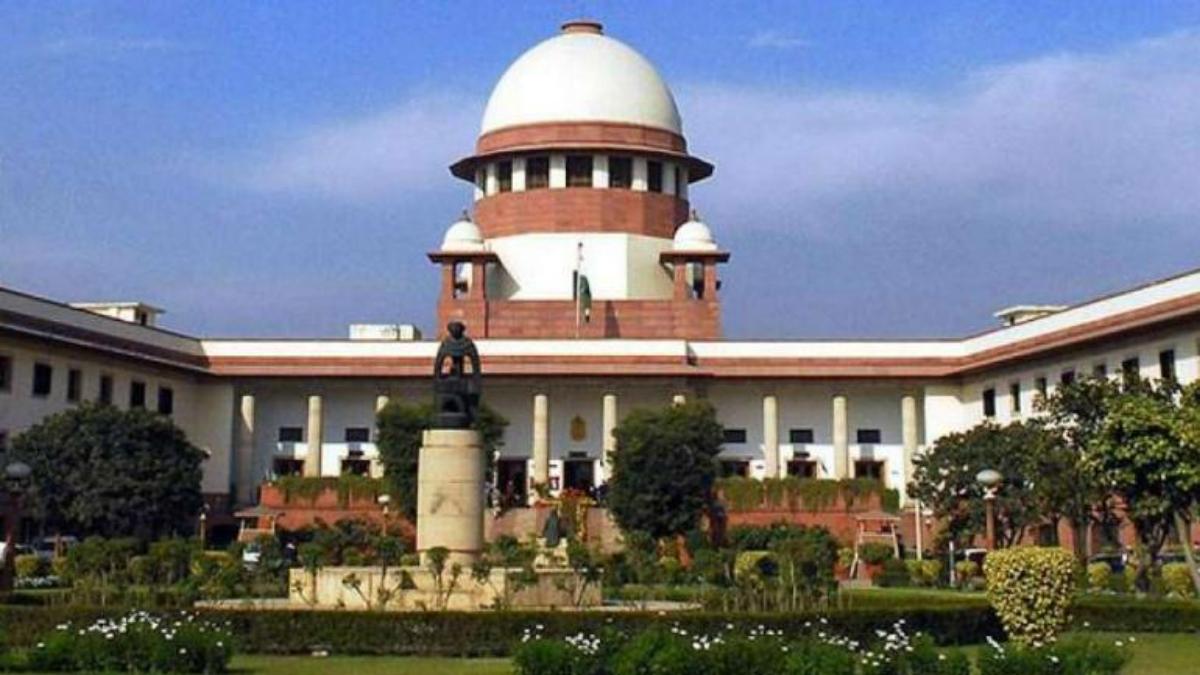New Delhi: The Supreme Court on Wednesday agreed to examine a plea filed by a minority body seeking directions to the government that Christians of Scheduled Caste origin be given the same benefits as Scheduled Castes.
The plea also sought that the Scheduled Caste category be made religion neutral.
A bench headed by Chief Justice S.A. Bobde issued notice to the Ministry of Social Justice and Empowerment, National Commission for Scheduled Castes, National Commission for Minorities and Registrar General of India.
“Same thing happens in Islam also. Why should we not hear the matter together? In Islam also there is no reservation,” the bench, also comprising justices B.R. Gavai and Surya Kant, observed while seeking the government’s response in two weeks and tagged the matter along with a similar issue.
The court was hearing a plea filed by the National Council of Dalit Christians (NCDC) seeking Scheduled Caste status for Dalit Christians.
“Allow and extend the Scheduled Castes status to Christians of Scheduled Castes Origin for availing special privilege in education, scholarships, employment, welfare measures, panchayat elections, legislative assemblies up to Indian Parliament and for availing the legal remedy/protection under Scheduled Castes and Scheduled Tribes (Prevention) of Atrocities Act, 1989 amended in the year 2018,” the plea said.
The plea, filed through advocate Franklin Caesar Thomas, said that a Scheduled Caste person professing a religion different from Hinduism, Sikhism and Buddhism cannot be deprived of the benefit of Paragraph 3 of the Constitution (Scheduled Castes) Order, 1950.
The plea said that change in religion does not change social exclusion and caste hierarchy continues to hold fort within Christianity even though the religion forbids it.
The petition contended that paragraph three of the Constitution (Scheduled Castes) Order, 1950 restricts Christians of Scheduled Castes origin from availing the Scheduled Castes status.
It said that this restriction was against the fundamental right to equality, religious freedom and non-discrimination.
